Seven professors in the College of Engineering and in affiliated engineering departments in other colleges were named to the 2021-22 class of University Faculty Scholars. Making up approximately a third of the class, these faculty members are recognized for their outstanding achievements in research, teaching and service at NC State University.
Chancellor Randy Woodson announced the 23 faculty members in this year’s University Faculty Scholars class on Jan. 31. The program was established in 2012, and since then, 214 early- and mid-career faculty members have received this designation. Of those 214 faculty members, 63 are associated with the College.
Faculty members are nominated by their college for the award. Eligible nominees include all tenured or tenure-track associate and full professors within the first three years of appointment at that rank and assistant professors who have been reappointed for a second term. Scholars receive a pay increase and retain the designation throughout their appointment at NC State.
This year’s University Faculty Scholars from the College of Engineering are:
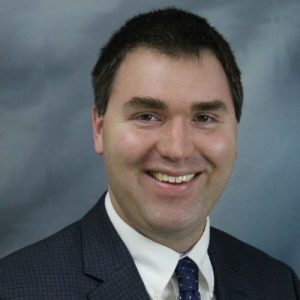
Matthew Bryant is an associate professor in the Department of Mechanical and Aerospace Engineering (MAE) and director of the Intelligent Structures and Systems Research Lab (ISSRL). His research interests include energy harvesting, sensing and actuation through the creation of novel systems that combine smart materials, dynamical systems and fluid-structure interaction phenomena. Bryant received his Ph.D. in mechanical engineering from Cornell University.
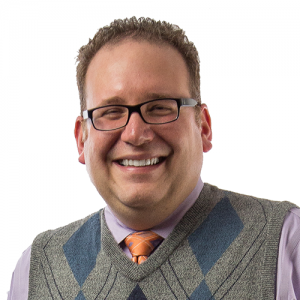
Ramón Collazo is an associate professor in the Department of Materials Science and Engineering. His research interests include optoelectronic/power materials and devices, III-N wide bandgap semiconductors, polar materials such as nitrides and oxides, and optics in relation to materials characterization. Collazo received his Ph.D. in materials science and engineering from NC State.
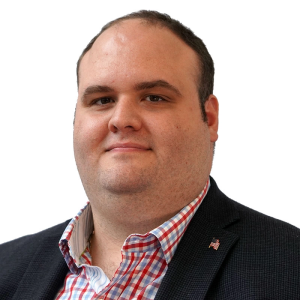
Michael Daniele is an associate professor in the Department of Electrical and Computer Engineering and the UNC / NC State Joint Department of Biomedical Engineering (BME). His research interests include the application of soft nanomaterials to devices that monitor, mimic or augment biological functions, with work including wearable and implantable biosensors, organ-on-a-chip models and human-machine interfaces. Daniele received his Ph.D. in materials science and engineering from Clemson University.
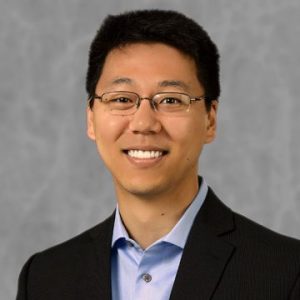
Albert Keung is an assistant professor in the Department of Chemical and Biomolecular Engineering. His research interests include the human genome, synthetic biology, neural and stem cell engineering, and how molecular technologies can be used to expand and unlock new ways to control, understand and harness chromatin. Keung received his Ph.D. in chemical engineering from the University of California, Berkeley.
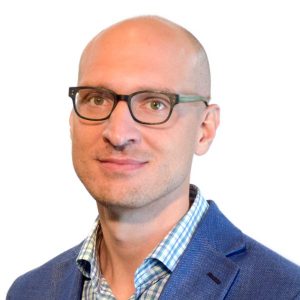
Srdjan Lukic is a professor in the Department of Electrical and Computer Engineering. His research interests include power electronics and power systems. Lukic received his Ph.D. in electrical engineering from the Illinois Institute of Technology, Chicago.
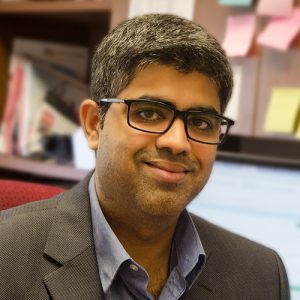
Rohan Shirwaiker is an associate professor in the Edward P. Fitts Department of Industrial and Systems Engineering and the associate director of the Functional Tissue Engineering Program at the Comparative Medicine Institute. Additionally, he is an associate faculty member of the MAE and BME departments. His research interests include 3D biofabrication and bioprinting, tissue engineering and regenerative medicine, additive manufacturing and medical product development. Shirwaiker received his Ph.D. in industrial engineering from Pennsylvania State University.
University Faculty Scholars within affiliated engineering departments in other colleges are:
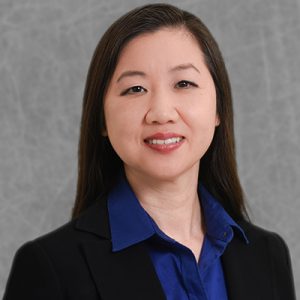
Eunkyoung Shim is an assistant professor in the Department of Textile Engineering, Chemistry and Science. Her research interests include thermal bonding structures, the fiber formation process and web structures, and structure characterization. Shim received her Ph.D. in fiber and polymer science from NC State.
This post was originally published in College of Engineering News.